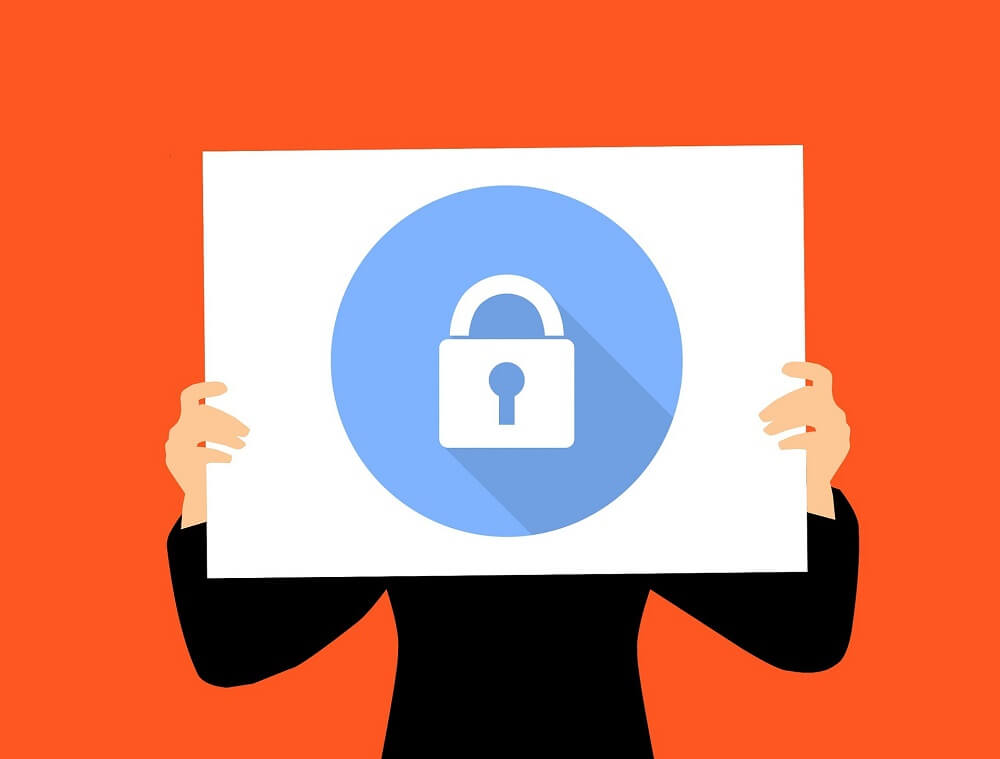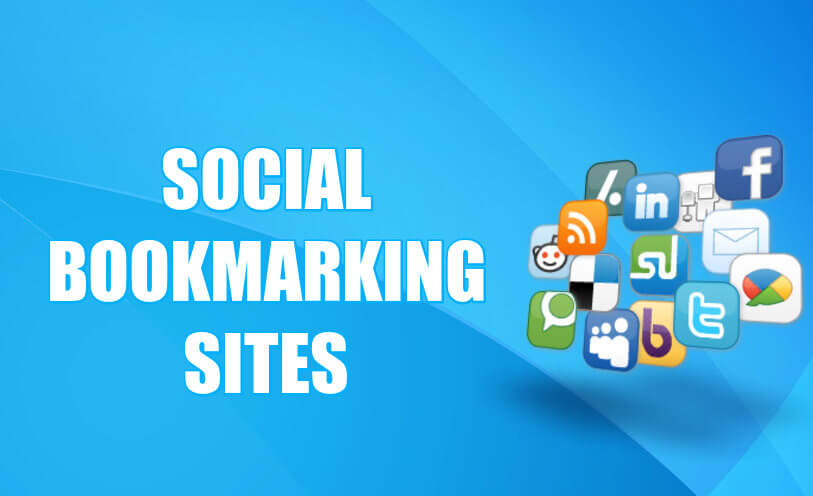Social media is a virtual online community where diverse people from different places across the globe interact. Social media’s rise has been gradual since the early 2000s. Back then, MySpace was the most common social media platform. MySpace had 1 million active users per month in 2004. Most people refer to this as the beginning of modern social media.
Over the years, the use of social media has increased across the globe. Currently, global users spend an average of 2 hours and 27 minutes per day on social media. With the increased number of users, social media platforms have evolved. Modern platforms have embraced features such as e-commerce and the creation of professional communities.
However, with the increased features and number of users, it has become vital to ensure the content people are exposed to, is regulated. Age restrictions in social media have greatly helped ensure that social media remains a safe space for everyone.
In this article, we highlight the reasons why age restrictions on social media are important.
1. E-Commerce Restrictions
The evolution of social media platforms has been rampant. Many social media platforms, such as Instagram and Facebook, have built e-commerce functionalities. Users can therefore host their businesses on social media platforms and market their products or services to possible clients.
However, with social media becoming more popular among the young generation, it is vital to ensure the young are not exposed to age-inappropriate commerce pages. Social media pages of businesses selling alcohol, e-cigarettes, sex toys, etc. should not be accessible to minors. Cases of e-cigarette use have been reported to be on the rise among the youth in the USA. Such cases require stringent regulations to counter them.
Online age verification sites come in to help with this. The sites have accurate age verification methods and adhere to the strict regulations put in place by governments concerning data security.
The age verification sites limit the access of underage users while ensuring that access for age-appropriate users is not affected. E-commerce limitations are vital on social media platforms to ensure they are not used to sell products to underage users.
Through social media age restrictions, problems such as teenage drug use and addictions are avoided.
2. Implementation of Content Restrictions
Social media platforms are used by many people from various walks of life across the globe. This means that numerous people post different content on their pages. Some of the content posted by people on social media is not intended for consumption by the young.

However, due to the constantly rising numbers of social media use among the young, regulating content can be a problem. Social media platforms have designed algorithms that detect and flag age-inappropriate content posted on the platforms.
Once the content is flagged as age-inappropriate for some people, the social media platforms hide the content from underage users. This is done through the implementation of age verification methods. The age verification methods verify a user’s age.
Based on the age of the user, they will only receive or see posts that are appropriate for their age. The use of external age verification methods has proven more successful than the conventional method of using the date of birth. In most cases, teenagers admit to falsifying their date of birth. They do this to ensure that they do not get any age restrictions imposed on their social media pages.
This method of content restriction has been very effective in curbing the spread of pornography among underage social media users.
3. Data Privacy and Protection

Over the past years, there have been many lawsuits against social media companies collecting user data. Recently, Facebook agreed to pay $90 million to settle a data collection lawsuit that has been in progress since 2012.
The high number of such lawsuits portrays the impact of the data collection problem created by social media platforms. Some companies claim that they collect the data to help make the platforms better for their users. However, in most cases, what they use the data for is often known by the companies only.
As such, children’s data must be kept safe and private. The Children’s Online Privacy Protection Act (COPPA) implemented by the US government helps keep children’s data safe. The act limits social media companies from collecting geolocation data or any personally identifying data and photos of children.
The act also states that parental consent must be given before the social media platforms collect personal data from a child. With such an act put in place to safeguard children, stringent age verification methods must be used by social media platforms.
The age verification methods will help ascertain a user’s age and therefore observe COPPA if the user is a child.
4. Mental Health
Social media is a free space for all people to post what they want, as long as it does not go against the platform’s regulations. However, because most platforms do not have a children’s version, kids can stumble upon content that can affect their mental health.
There have been numerous studies carried out that show the impact that social media has on one’s mental health. For adults, the impacts can be less destructive because they have the ability to see that their mental health is being affected, and they take preventive measures.
With children, however, social media can greatly affect their mental health without them having any knowledge of it. Cases of depression, sleep apnea, trauma, less self-love, and well-being have significantly been on the rise among children.
Social media platforms have therefore started regulating the content that children get access to. Such content regulations help avoid the detrimental impacts that social media can have on their mental health. With the use of age restrictions, social media platforms are helping to prevent poor mental health for their young users.
Conclusion
As a parent whose child is on social media platforms, it is vital to ensure that they have undergone the age verification process. This will ensure your kid’s safety and well-being on the social platforms without worrying about the content they are exposed to.






